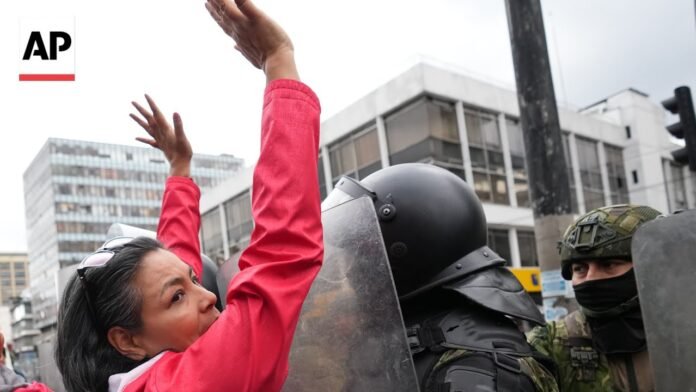Hollywood legend Diane Keaton passed away at 79 after a tough fight with pneumonia, her family announced Wednesday. The Oscar-winning actress’s health declined sharply in recent months, leading to her death on Saturday. Here’s what you need to know about pneumonia, the common yet serious illness that took her life.
What Is Pneumonia?
Pneumonia is a lung infection that inflames the air sacs, filling them with fluid or pus. This makes breathing difficult and can lead to severe illness. It affects millions in the U.S. each year, with about 25 out of every 10,000 adults diagnosed. Older adults, especially those over 65, face a higher risk.
What Causes Pneumonia?
Pneumonia stems from various sources, mainly viruses and bacteria, per the American Lung Association.
- Viral pneumonia often comes from common viruses like the flu, COVID-19, or RSV. Most cases are mild, but some can turn serious.
- Bacterial pneumonia is typically more severe and caused by bacteria like Streptococcus pneumoniae. It can strike alone or after a viral infection.
- Fungal pneumonia is rarer and usually comes from inhaling fungal spores from the environment.
While pneumonia itself isn’t contagious, the germs causing it spread through coughs, sneezes, or touching infected surfaces.
Who’s at Risk?
Anyone can get pneumonia, but certain groups face greater danger:
- Young children under 2 and adults over 65 due to weaker immune systems.
- People with conditions like HIV/AIDS, cancer, or organ transplants.
- Those recovering from recent respiratory infections.
- Patients in the ICU or on ventilators.
Lifestyle factors like smoking, heavy drinking, or exposure to pollution also increase your risk.
What Are the Symptoms?
Pneumonia symptoms vary depending on the cause:
- Bacterial pneumonia: High fever, chills, rapid heartbeat, chest pain, fatigue, loss of appetite, and a cough with yellow, green, or bloody mucus.
- Viral pneumonia: Fever, dry cough, headache, muscle aches, and extreme tiredness.
In babies and young kids, look for signs like trouble feeding, constant crying, pale skin, noisy breathing, or vomiting.
Is Pneumonia Deadly?
Pneumonia sends about 1 million U.S. adults to the hospital yearly, and roughly 50,000 don’t survive. It’s the top reason kids are hospitalized and the second for adults, behind childbirth, according to the American Thoracic Society. Mild cases may resolve in weeks, but severe ones can cause complications like respiratory failure, lung abscesses, or bloodstream infections.
How Can You Prevent Pneumonia?
Vaccines are a powerful shield against pneumonia. Shots targeting bacteria like pneumococcus or viruses like the flu can lower your risk or reduce severity. Healthy habits also help:
- Quit smoking and limit alcohol.
- Eat a balanced diet and exercise regularly.
- Get enough rest.
- Manage other health conditions to keep your immune system strong.
Pneumonia is a serious illness, but with awareness and prevention, you can reduce your risk and stay healthy.
Source: New York Post
Stay informed on all the latest news, real-time breaking news updates, and follow all the important headlines in world News on Latest NewsX. Follow us on social media Facebook, Twitter(X), Gettr and subscribe our Youtube Channel.



